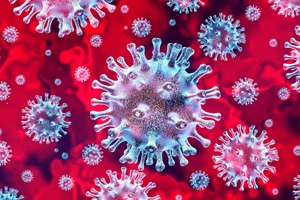If you frequently wonder: “Why am I always tired?” you’re not alone.

33 % of patients seeing a doctor describe fatigue as a big problem, resulting in seven million office visits per year in the US.
Fatigue is more common in women than in men.
Feeling overly tired may be related to what you eat and drink, how much activity you get or the way you manage stress.
Below is a list of many causes of fatigue. Some can be fixed by simple lifestyle changes, others may require a visit to the doctor.
If you have made simple lifestyle changes—like going to bed earlier, lowering stress and eating healthy foods, and you are still feeling tired, you may need to see a doctor.
Causes of “Why am I always tired”
Stress

According to the results of a study published in BMC Psychiatry, stress — especially work stress—is a major cause of fatigue. Work stress and overworking are big issues in the USA. The length of the work week has been rising since the mid-1960s
Tip: Take a vacation, leave work earlier or get a new job.
Lack of Sleep
Adults are recommended to get 7-9 hours sleep a night. The CDC (Centers for Disease Control) reports that 1 in 3 adults fail to get enough sleep.
Tips for a better night’s sleep

Try sticking to a sleep schedule. Follow it during the week and on weekends to keep your rest times consistent.
Create a bedtime ritual. Dim the lights and engage in quiet, relaxing activities.
Avoid napping, Naps in the late afternoon y make it difficult to fall asleep at night.
Exercise each day. Exercise may help you fall asleep more easily at night.
Make your sleep environment comfortable. Most people sleep best when the room temperature is between 60-67 ˚F. If there are distractions in your room, consider using blackout curtains, earplugs, or a white noise machine.
No caffeine or alcohol before bed. They both mess up your ability to sleep well.
Check your pillows and mattress. If they aren’t comfortable, it may be difficult for you to fall asleep.
Lack of Exercise
The results of a study conducted at Seattle’s Fred Hutchinson Cancer Research Center shows that older women who increased the amount of exercise they got during the day also increased their sleep duration at night.
Tip: Add exercise to your daily routine to increase your energy levels and sleep better at night.

Poor Diet
If you eat too much junk food, you may be low in Vitamin B12, folic acid or iron, all of which can make you tired.
Tip: Eat green veggies, lean meat, and whole grains. Avoid junk food.

Electronics before bed

Using your TV, computer, or phone too close to bedtime could be the reason you feel tired in the day.
According to research conducted at Rensselaer Polytechnic Institute, people who were exposed to blue light produced less melatonin (sleep hormone), making them get less sleep or a poor quality sleep.
Also watching upsetting news stories makes it hard for your mind to relax.
Tip: Read a book before bed, take a calming bath, drink calming tea or warm milk
Dehydration

Dehydration is a common cause of fatigue and can easily be corrected by drinking water and avoiding excess caffeine and alcohol. Just don’t drink right before bed or you will wake up during the night to go to the bathroom!
Eating too much sugar
The Journal of Personality and Social Psychology showed that people who ate high-sugar snacks felt increased energy for an hour after eating then had increased fatigue afterward.

Tip: Eat a healthy well-rounded diet with less junk and more proteins and veggies.
Relying on Energy Drinks for Energy

There are many drinks that promise to provide quick energy.
It’s true that they may provide a temporary energy boost due to their high caffeine and sugar content.
A study of sleep-deprived healthy adults found that consuming an energy shot led to modest improvements in alertness and mental function soon after the drink.
Unfortunately, these energy drinks also cause rebound fatigue when the effects of caffeine and sugar wear off.
A review of 41 studies found that although energy drinks led to increased alertness and improved mood for several hours after consumption, excessive daytime sleepiness often occurred the following day.
Tip: Try to cut back and gradually wean yourself off energy drinks. Also, only drink coffee and other caffeinated drinks early in the day.
Medical reasons for being tired all the time
Influenza
Symptoms: fever, headache, body aches, and fatigue
Even when most of the flu symptoms are gone, fatigue can last for a few more weeks.
Tip: Rest as much as you can because your body has been through a lot.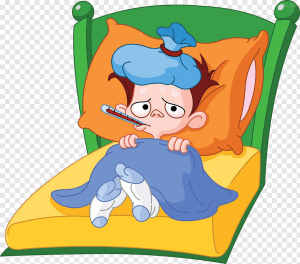
https://www.liveonegoodlife.com/2020/how-long-does-the-flu-last/
Mononucleosis
The “kissing disease” which is easily spread through saliva, can cause fatigue for weeks to months.
Tip: See your doctor for testing, treatment and get some rest.
Pregnancy

Fatigue is one of the earliest symptoms experienced during pregnancy. In the first trimester, your body produces a lot of progesterone, a hormone that can make you tired.
Other early symptoms of pregnancy include a missed period, sore breasts, nausea, and increased urination.
Tip: If you think you may be pregnant, you can visit your doctor or take an over-the-counter pregnancy test for confirmation. Start your prenatal vitamins as soon as possible and get some rest.
Anemia

The fatigue caused by anemia is the result of low blood cells which carry oxygen from your lungs to your cells.
Anemia may be caused by an iron or vitamin deficiency, blood loss, internal bleeding, or a chronic disease such as rheumatoid arthritis, cancer, or kidney failure.
Women of childbearing age are especially susceptible to iron-deficiency anemia because of blood loss during menstruation and the body’s need for extra iron during pregnancy and breastfeeding.
Symptoms: Feeling tired all the time. Others include weakness, difficulty sleeping, lack of concentration, rapid heartbeat, chest pains, and headache, shortness of breath with simple tasks. Simple exercise, such as climbing the stairs or walking short distances, can wipe you out.
Tests: Please see your doctor who can do a simple blood test to get your blood count.
Treatments: Treatment will vary depending on the underlying cause of anemia. It may be as simple as eating more iron-rich foods or taking B12 or iron pills. You must talk to your doctor to get the right treatment for you.
COPD – Chronic Obstructive Pulmonary Disease
Shortness of breath and extreme fatigue with small tasks are very common. It is usually the result of many years of cigarette smoking.
Tip: Stop smoking! See your doctor.
Heart Disease

Extreme tiredness is a common symptom of congestive heart failure, which happens when the heart doesn’t pump well. If you have it, your fatigue usually gets worse when you exercise. You might also have swelling in your arms or legs and shortness of breath.
Tip: This needs to be managed by a physician.
Sleep Apnea
You could have this sleep-disrupting problem if you snore and wake up feeling tired no matter how much rest you think you got.
In the most common type, obstructive sleep apnea, your upper airway actually closes for 10 seconds or more, which prevents your brain from going into a deep sleep (REM sleep). Someone with obstructive sleep apnea may stop breathing dozens or even hundreds of times a night. You don’t even realize it, which makes it hard to figure out why you’re so sleepy during the day.
Tip: Talk to your doctor. You may need to be evaluated at a sleep center where they will perform a sleep study. If you are diagnosed with sleep apnea, a device called a continuous positive airway pressure (CPAP) machine can help keep your airway open for a good night’s sleep.
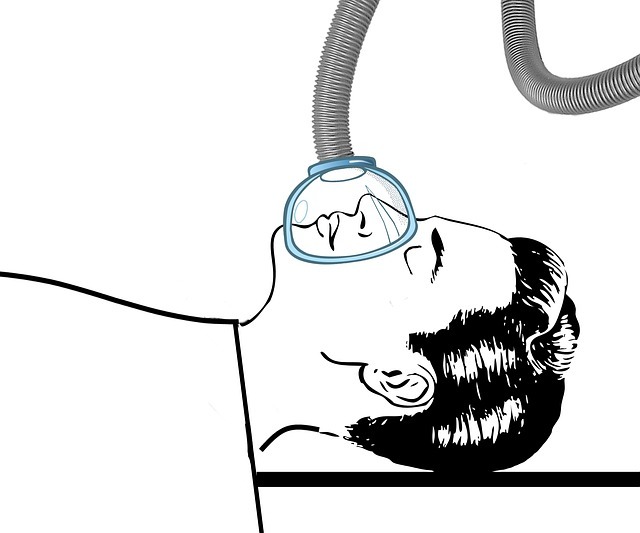
Thyroid Disease
When your thyroid hormones are too high or too low, fatigue can be one of the symptoms.
The thyroid gland is located in the front of the neck and produces hormones that control the speed of your body functions (metabolism).
Hyperthyroidism
Thyroid hormones are too high
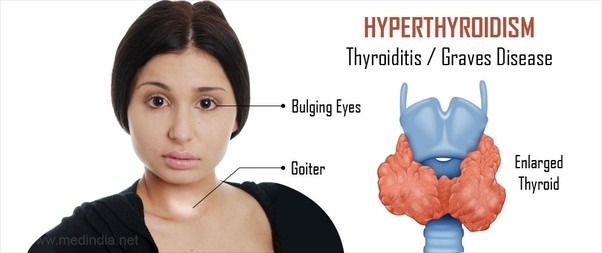
This can speed up body functions: fast heart beat, an enlarged thyroid gland in the neck, increased thirst, bulging eyes, weight loss, weakened muscles usually in the thighs, hand tremors, feeling warm all the time.
Hyperthyroidism is most commonly diagnosed in women in their 20s and 30s, but it can occur in older women and men too
Hypothyroidism
LOW thyroid hormones
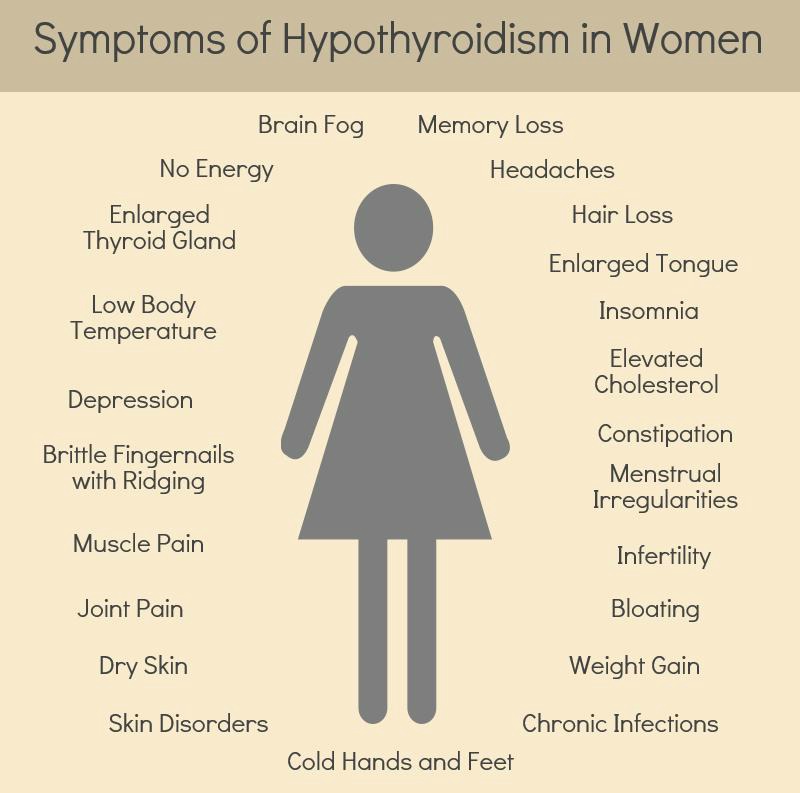
This slows down body functions (metabolism) causing:
slow heartbeat, weight gain, constipation, fatigue, poor concentration, feeling cold all the time (even in warmer weather)
As many as 10 % of women past 50 will have at least mild hypothyroidism.
Tests: Thyroid disease can be detected with a blood test.
Treatment: Thyroid disorders are very treatable.
Thyroid disease treatments vary but may include medications, surgery, or radioactive iodine. See your doctor.
Diabetes
More than 23 million people in the United States have been diagnosed with type 2 diabetes.
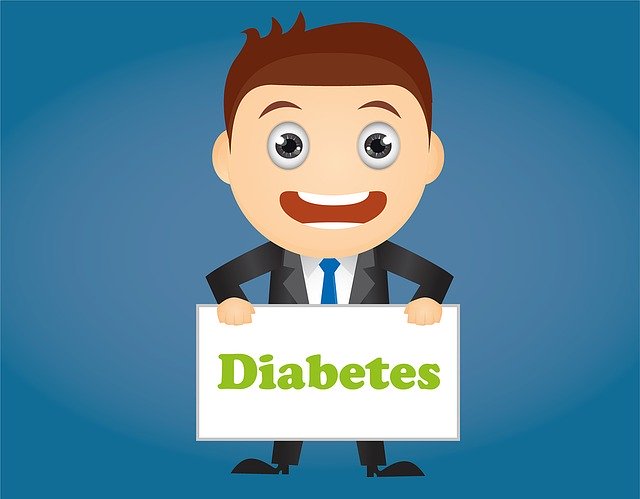
Sugar, also called glucose, is the fuel that keeps your body going. But people with type 2 diabetes can’t use glucose properly, causing it to build up in the blood, rather than go into the cells as energy. Without enough energy to keep the body running smoothly, people with diabetes often feel tired.
Symptoms: Tired all the time, excessive thirst, frequent urination, hunger, weight loss, irritability, yeast infections, and blurred vision. If you have these symptoms, see a doctor.
Tests: There are 2 main tests for diabetes.
A1C test, which is most common, shows your average blood sugar level over the course of a few months
Fasting plasma glucose test measures the blood glucose level after fasting for 8 hours
Treatment: Your doctor will advise you on how to control diabetes through diet changes, oral medications, and/or insulin. See your doctor!
Menopause
If you’re a woman who’s going through menopause, you may find it hard to get a good sleep. Your hormones change a lot at this time, which gives you night sweats and hot flashes. That can keep you up at night and leave you dragging during the day.

Tip: First of all remember that eventually, menopause will end on its own.
It can last weeks to years though because everyone is different.
Possible treatment ideas are lifestyle changes like less sugar, alcohol and caffeine and more vegetables, protein, fish and soy. There are also OTC supplements such as wild yam root, black cohosh, rhubarb concentrate, lavender and probably more. Your doctor may have good ideas or may consider prescription hormones.
See your doctor!
Depression

Depression can lower your energy levels and make you feel tired during the day. You may also find it hard to fall asleep at night, or you might wake up earlier than you want in the morning.
Talk to your doctor if you think you’re depressed. Talk therapy and medicine can often help.
Medication side effects
Many medicines can cause fatigue: benzodiazepines, antidepressants, muscle relaxants, older antihistamines, beta-blockers, opioids.
Tip: Talk to your doctor.
Substance use
Alcohol, marijuana, opioids, all affect your sleep and can cause fatigue.

Chronic fatigue
This baffling condition causes strong fatigue that comes on quickly. People who suffer from Chronic Fatigue Syndrome (CFS) feel too tired to carry on with their normal activities and are easily exhausted with little exertion.

Symptoms: Other signs include headache, joint pain, weakness, tender lymph nodes, and an inability to concentrate. Chronic Fatigue Syndrome has no known cause.
Tests: There are none. Your doctor must rule out other conditions with similar symptoms before making the diagnosis.
Treatment: Sadly, there are no cures for chronic fatigue.
Antidepressants, talk therapy, Cognitive behavioral therapy, exercise therapy and joining a support group can all help.
Conclusion
There are many possible causes of feeling chronically tired. It’s important to make sure you don’t have a medical condition first.
The cause of chronic fatigue can only be identified in approximately two-thirds of patients.
The good news is that making a few lifestyle changes may very well improve your energy levels and overall quality of life.
References
https://www.webmd.com/women/guide/why-so-tired-10-causes-fatigue#2


